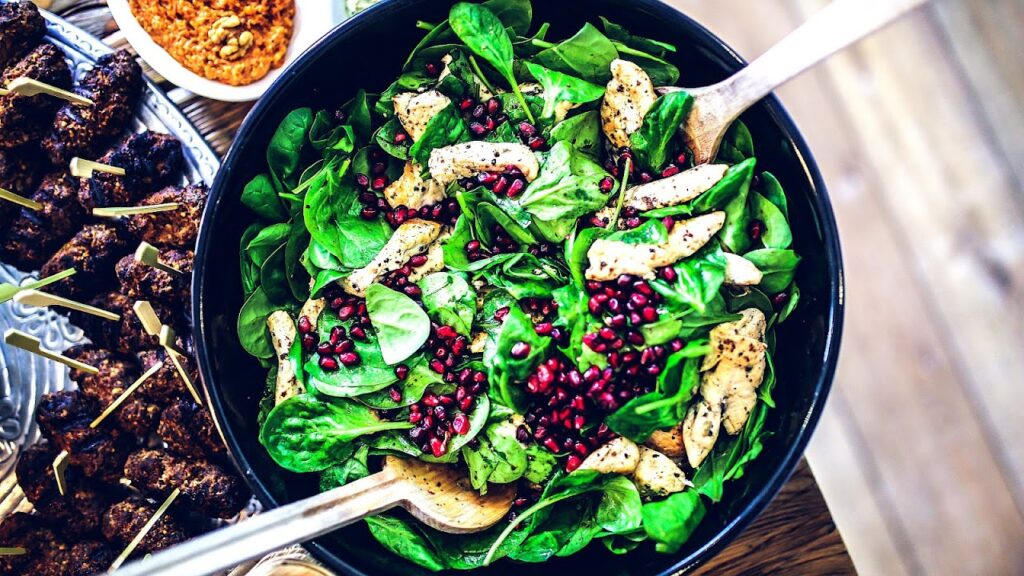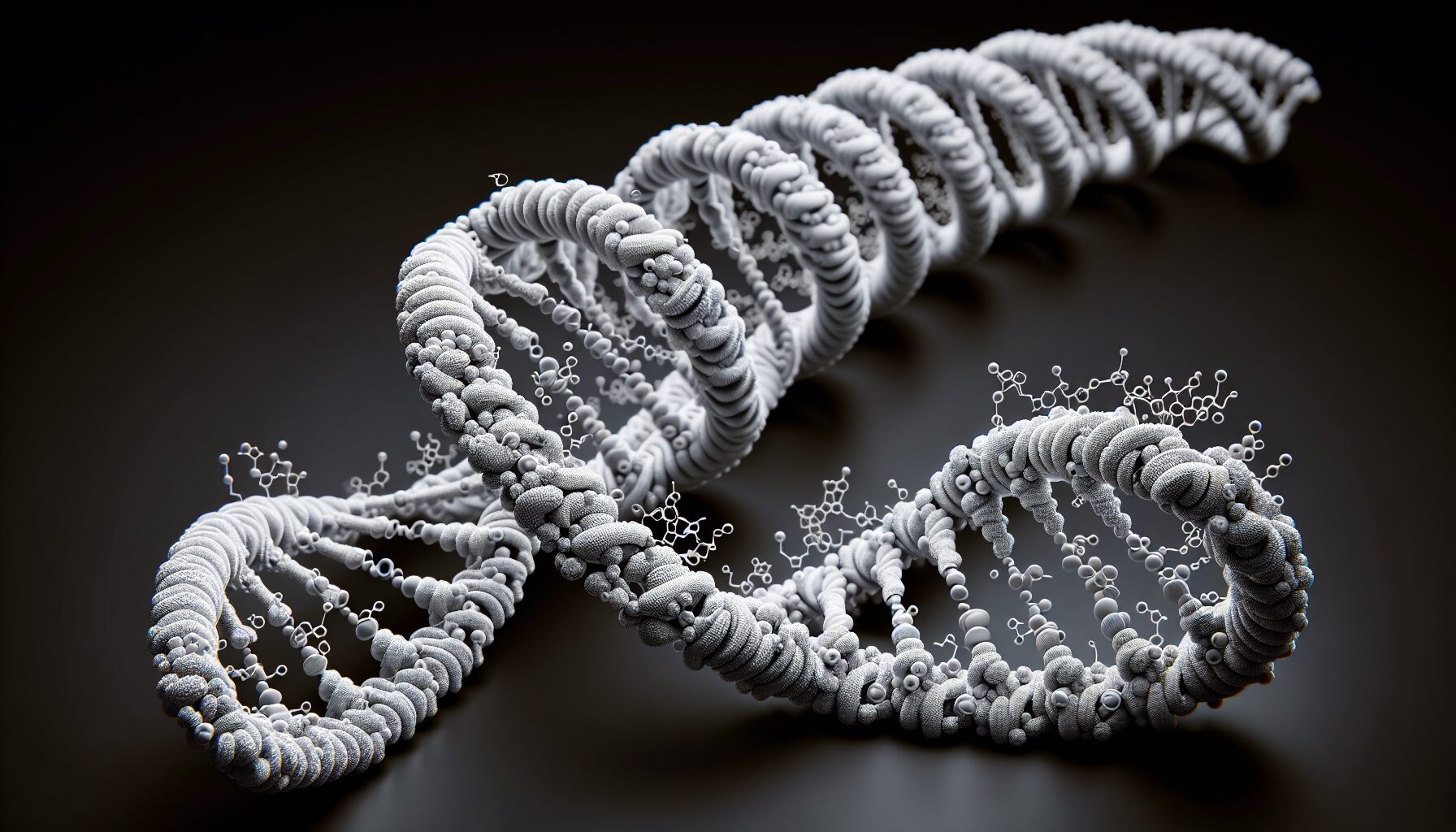
Digestive Enzyme Supplements: How Can They Help
Digestive enzymes are a health topic that not many people have read about or touched upon, but are gaining popularity. When people are looking to improve their diet and nutrient intake most people go straight to food supplements or healthier foods.
However, digestive enzymes are key players in terms of unlocking that energy and body building block potential from your food.
Without normal levels of enzymes in your food digestion process you would become very depleted, tired and have lower daily performance. As we will discuss, these enzymes tail off as you age and quite drastically too. Digestive enzyme supplements are a popular recent development in the health industry.
Added digestive enzymes can be a resourceful way to improve the amount of nutrients from food you already eat. How good is that! Rather than add more nutrients, they can increase the amounts you already have, this seems environmentally friendly too.
You can find my review of what I think are the top 5 best digestive enzyme products available here.

What Are Digestive Enzymes?
Digestive enzymes are proteins made by your body. They are released in your gut and are responsible for the majority of food digestion. This means they are a key player for taking in vitamins and minerals from all the food you eat.
Without this enzyme controlled breakdown of larger food molecules to smaller ones you would not be able to access the vitamins, minerals, proteins, carbohydrates and fats you require to survive. In other words, you would die without digestive enzymes.
Luckily our bodies produce a lot of them, mainly in the pancreas and gall bladder but also other areas of the body. Interestingly, mechanical and enzyme digestion both start in the mouth. Salivary amylase breaks up carbohydrates as they enter your mouth.
This demonstrates how important the enzymatic breakdown of food truly is if we evolved to digest food so early in the digestive system.
Why Should We Look After Our Digestive Enzymes?
Digestive enzymes are especially important for people falling in the baby boomer age range. This is because the effectiveness of your digestive system and enzymes in particular tend to drop off drastically. Histology studies show pancreas size also decreases with age.
Certain cells are replaced by fat during aging, causing enzyme production to fall. If you are digesting less of the food you eat, a nutrient imbalance can develop over time. Regardless of age group, this can potentially make you more vulnerable to diseases, injuries in sport and reduce muscular recovery time.

This is why supplemental digestive enzymes have become a very hot topic. It is not just the ‘baby boomers’ and above who are potentially vulnerable to declines in digestive enzymes. If you drink excessive alcohol or experience gastrointestinal issues, you can also become at high risk.
If your body is not able to produce enough digestive enzymes to breakdown food it can cause slow digestion, resulting in digestive distress, uncomfortable bloating and gas build up.
In addition to potentially improving digestion, supplemental digestive enzymes may help to relieve gut related issues caused by slow digestion such as inflammation. Trypsin, amylase and protease digestive enzymes can all help prevent infections by breaking down microbial biofilms, one of the main lines of defence for pathogens.
Pathogenic Fungi such as Candida are notorious for forming thick layers of unbreakable biofilms of specific sugar molecules. However, supplementing with specific digestive enzyme groups, including beta-amylases, could potentially help break them down. Certain enzymes could help with fighting certain urinal, skin and gut infections of particular microbes.
Examples of Natural Food Digesting Enzymes
Digestive enzyme supplements have even been shown to help people suffering from joint disorders such as osteoarthritis, which also become more common as we age. Three of the most common food digestive enzymes: Trypsin, Lipases and Pancreatin were found to aid osteoarthritis in the knee and shoulder, decreasing joint pain and improving their functioning.
Certain proteolytic or protein digesting enzymes seem to have a positive effect on diseases effecting the joints, tendons, ligaments, bones and muscles. Taking proteases while drinking your whey protein shake before you go to the gym is something you can try.
Bromelain, an anti-inflammatory enzyme found in pineapples with tremendous protein digesting properties. Bromelain is heavily touted as being able to lower blood fat levels and protect heart health by helping a healthy blood flow. Due to a range of potential health benefits, Bromelain is a massively popular digestive enzyme supplement. As a stand-alone product and plant derived or phytotherapeutical drug Bromelain is gaining traction. While it is touted as a brilliant anti-inflammatory agent and immunomodulator, with potential anti-cancer properties.
Conclusions
Digestive enzymes are naturally produced and released within the body. They help with the digestion and access to nutrients within your food, encouraging overall wellbeing. This is ultimately where their health benefits can come from. The use of digestive enzymes could help to reduce body inflammation, bloating and also help improve symptoms of some joint diseases.
Some examples are trypsin and amylase. They are regularly produced in the body but their production reduces over one’s lifespan.
Overall supplemental digestive enzymes could present potential health benefits. This especially applies to individuals in certain health risk categories, or those wanting to make some gains at the gym.
For more interesting articles, see the main page below





